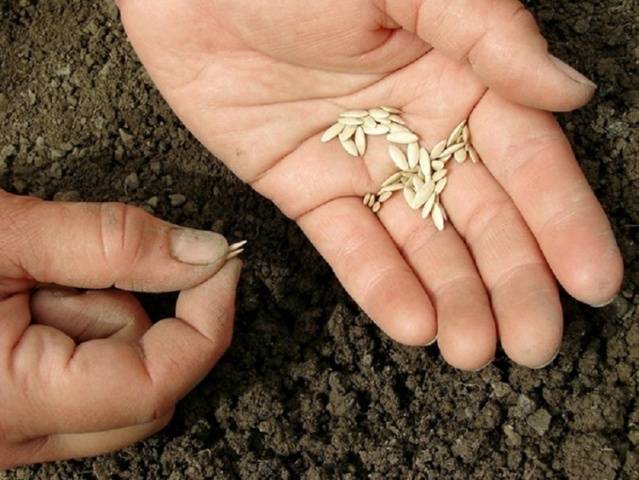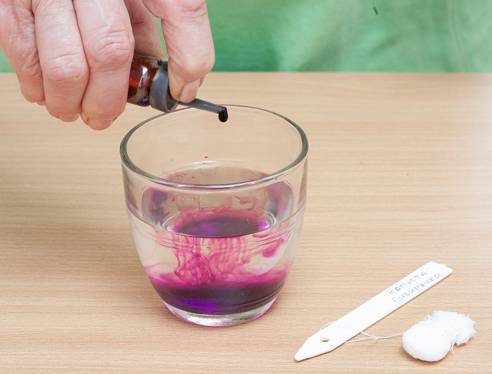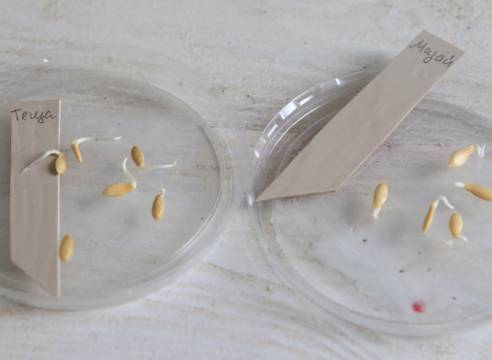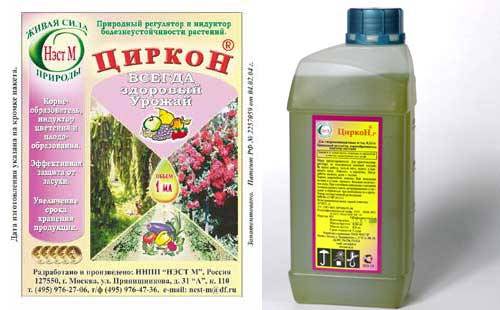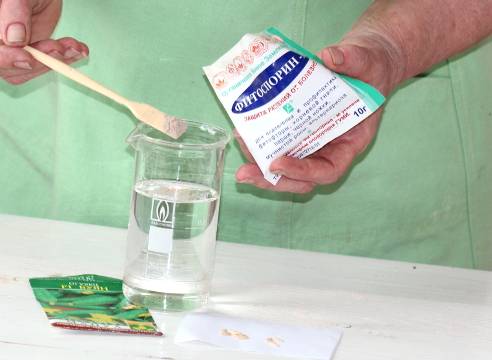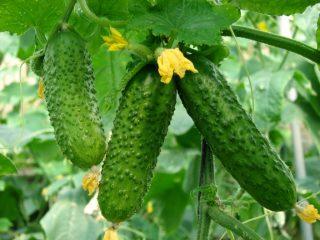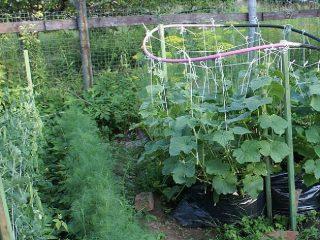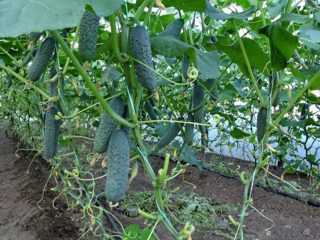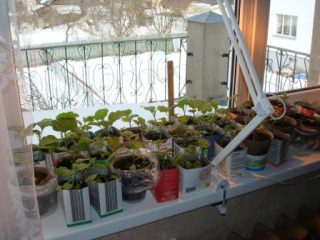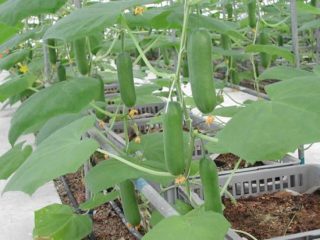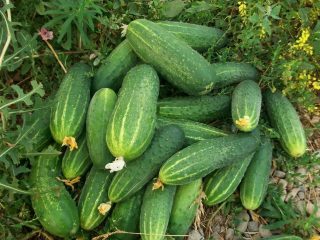Content
It's no secret that treating seeds before planting is a highly effective way to speed up the emergence of seedlings and increase their number. At the same time, rumors often spread on the Internet and with the help of word of mouth among amateur gardeners about miraculous ways to repeatedly increase the yield of cucumbers by processing the seeds. Practice and many years of experience show that any such information should be taken critically and double-checked before being put into practice.
Types of treatment before sowing
Pre-treatment of cucumber seeds is an effective and often necessary technique that allows one to achieve excellent results in growing cucumbers in difficult conditions of risky farming areas.
It must be borne in mind that most of such activities require professional skills and knowledge, and therefore must be carried out by qualified specialists. You also need to understand that not all methods can be used at home without special equipment.In addition, one should take into account the variety of climatic and other domestic conditions that must be taken into account when choosing a method of pre-treatment of cucumber seeds. What gives excellent results in the Urals can seriously damage when used in the Krasnodar Territory, and vice versa.
Currently, the following types of (largely conditional) treatments to which seeds are subjected are distinguished:
- disinfection or disinfection;
- reducing the time until sprouts appear (breaking dormancy);
- increasing the immunity of cucumbers (various biological simulators, hardening events, etc.);
- others, often useless and even harmful, without scientific basis.
It would be quite logical to consider each of the listed groups of methods separately.
Disinfection
Before resorting to disinfection methods, it is necessary to find out the origin of cucumber seeds. This is important because in most seed farms, which are suppliers of the best hybrids and varieties of cucumbers, as a rule, all necessary measures to protect against possible diseases are mandatory. In other words, only seeds that are collected independently or whose origin is questionable need to be processed. In the first case, it is better to carry out the treatment, and in the second, simply refuse to use such seeds.
There are two main types of disinfection, each of which has its own characteristics.
Thermal methods
They are never used at home, since the use of such methods is only possible with the use of specialized equipment.Attempts to imitate the creation of such conditions at home will lead to the seeds being unsuitable for sowing.
Chemical methods (etching)
The most popular and simplest method of pre-treatment to which seeds are subjected before planting. It is usually performed using publicly available potassium permanganate. The processing itself is a set of the following simple activities:
- preparation of a 1% solution (dosage – 1 g of product per 100 g or ml of ordinary water);
- placing seeds in it for 15-20 minutes;
- washing and subsequent drying of seeds.
Attention should be paid to compliance with the recommended concentration of the solution, as well as the processing time. If one or the other is exceeded, a significant decrease in the viability of sprouts is possible. With proper disinfection, seeds can be cured of almost any fungal infection (if any).
When using this method, it should be borne in mind that it is also harmful to the beneficial microflora, which is also located on the surface of the processed cucumber seeds.
Numerous literature for gardeners often contains recommendations for the use of chemicals that are more aggressive and potent than potassium permanganate. Before following such recommendations, it is necessary to clearly understand that for cucumber seeds, even treatment with potassium permanganate is a strong stress, and any, even weak, chemical is still not only a medicine, but also a poison. As a last resort, experienced gardening practitioners recommend using special products, for example, “Maxim,” strictly following the instructions for their use.
Removal from resting state
There are quite a few ways to release cucumber seeds from dormancy before planting.The choice of a particular one depends on the characteristics that are determined by the conditions of cultivation, storage and processing already carried out. Several methods are used for cucumbers.
Soaking and subsequent germination
One of the most popular and widespread methods of preparing cucumber seeds before planting. It has been used for many decades and has proven its effectiveness despite its simplicity. It consists of the following: cucumber seeds are wrapped in fabric that absorbs water well, then moistened and placed in a fairly warm place (the most suitable temperature is 25-28 degrees). After all the activities have been completed, the seeds are “hatched”, after which they should be dried a little.
The following point should be taken into account. Many hybrids and varieties, especially those supplied from abroad, are already treated with strong pesticides (for example, thiram). When performing soaking, the following can happen: as soon as the sprout appears, it will experience the action of the pesticide, which will not lead to anything good. Another disadvantage of the method is its high vulnerability sprouted cucumber seeds after landing to adverse weather conditions.
Soaking in nutrient solutions
The essence of the method is that soaking is carried out not in water, but in special nutrient solutions. These can be organic or mineral fertilizers, salts of humic acids, a solution containing wood ash, etc. You should not expect super-efficiency from such fertilizing, since the seeds are at rest, therefore, the possibility of them absorbing any substances is reduced.
Increasing plant immunity
There are two main, most commonly used types of the method.
Treatment with growth stimulants
Used to increase immunity and resistance of sprouts to negative factors. The essence of the method is to place the seeds for 0.5-1 hour in a solution of special preparations. The most commonly used chemicals are “Zircon”, “Epin-Extra, as well as those of natural origin “Obereg”, “NV-101”, etc. The main condition is compliance with all requirements of the instructions for use.
Hardening
Quite often there is a recommendation for using this method. Its essence lies in cold treatment for a given period of time. The positive results of such an event are questioned by scientists. Most experts believe that it is much more advisable to harden seedlings. Nevertheless, the method is quite common.
Other methods
The most common method, recommended by numerous literature and gardeners, is calibration. It consists of soaking and subsequent sorting according to the principle: drowned or not drowned. It should be noted that seed germination This sorting has nothing to do with it. However, this method is widely advertised and used.
Conclusion
Strange as it may sound, most leading experts and scientists do not attach much importance to treating cucumber seeds before planting. Moreover, many of them believe that the treatment already carried out in seed farms is quite sufficient. For seeds collected independently, it is recommended to use only some of the processing methods described above.
